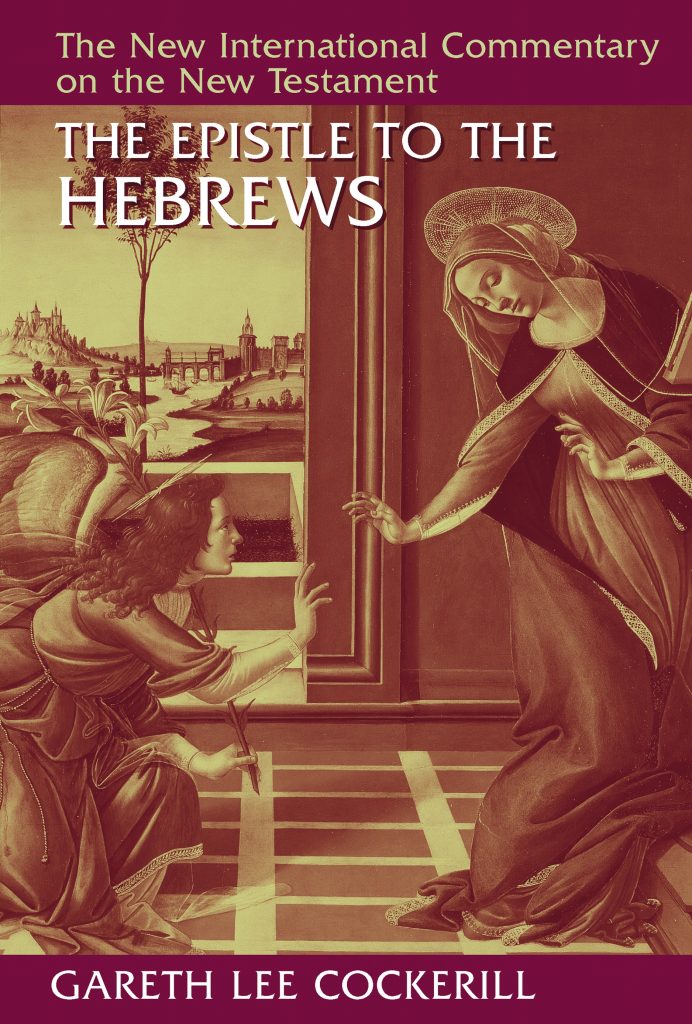Mom’s poem this month is too good to miss, even if I’ve left it for the last day of the month. The poem grows from the image of “spring leaves in rain.” So I’ll surround it with photos of life outside our Iowa windows on this rainy spring day.

“If haply…
they might feel after him,…
and find him,…
though he be not far from every one of us.”
—Acts 17:27 (KJV)
SPRING LEAVES IN RAIN
(Acts 17:27 KJV, Prov. 11:28 NLT)
Spring leaves in rain nourish me—
More skin than paper
They hang in soft folds
Of translucent baby green—
The colour of hope,
Draped like a lady’s delicate fan
From the old maple’s branches
Waiting to catch the breeze.
Pulsing with the potential
Of butterfly wings emerging
Flawless and limp
The doeskin softness fits with ease,
An almost transparent glove
Over my hand.
I trace the flow of life:
Liquid-sunshine slips
Through yellow-green veins
From stiff stem to tender leaf tips,
Through sturdy midrib lanes
To fragile feathering netted threads,
To waiting capillaries in weathered skin
To the deep veins feeding my hungry heart,
Blending with my warm blood life-red
To visit every cell that craves a reason to live.
Spring leaves in rain comfort me—
The softness is something I can grow into—
The feel of hope,
A kid-leather glove
Hiding my scarred skin
With a layer as vulnerable as love.
I would hold life as a pale young leaf,
As tender and unguarded,
As knowing as they are, as free of grief—
Fearing neither tear nor fall,
Knowing next year’s leaf already waits—
Winter bud of determination,
The Creator’s caring provision
For life’s scars and seasons.
I too can survive and reappear
Soft as a baby’s cheek,
Demanding no reasons;
Feeling after Him,
And finding Him, not far away, but near;
Tracing the abiding flow of life-sap—
The Sonshine in my veins—
From source to need,
As godly as a growing leaf.
—Elaine Gingrich, June 10, 2013/ February 2015

“The godly flourish…
like leaves in spring.”
—Proverbs 11:28 (NLT)
For the rest of the poems in this monthly series, see here.
And if you enjoyed this poem, leave a comment here for Mom, or send her an email at ![]() . Thanks!
. Thanks!





